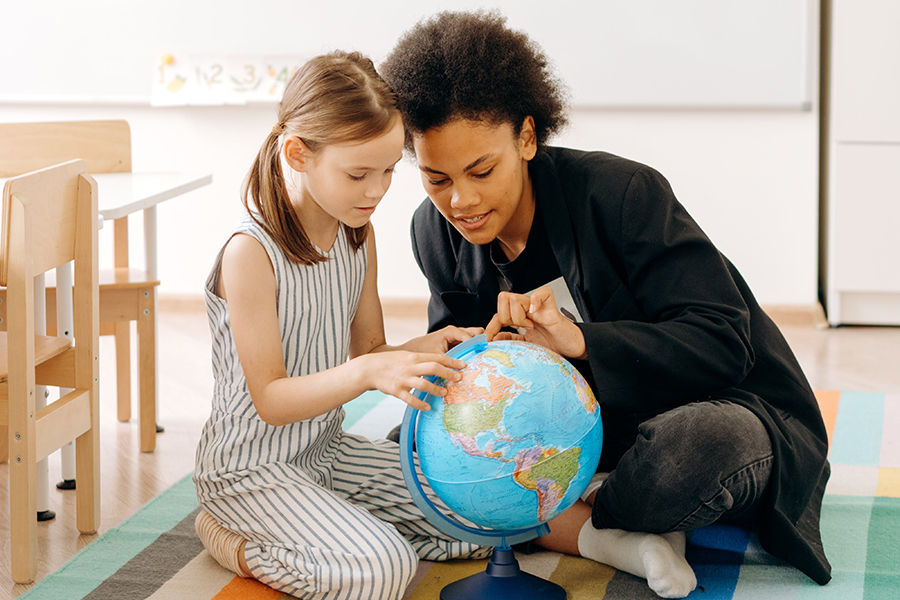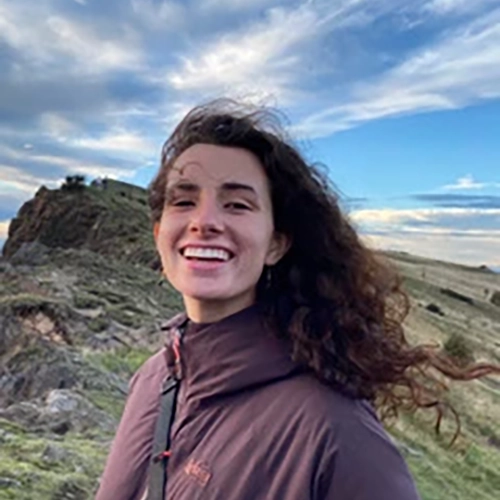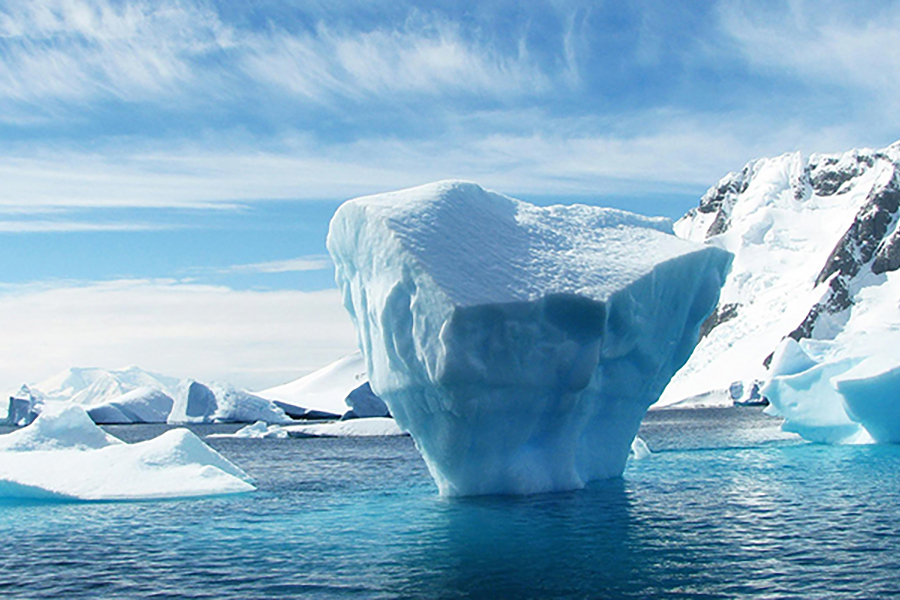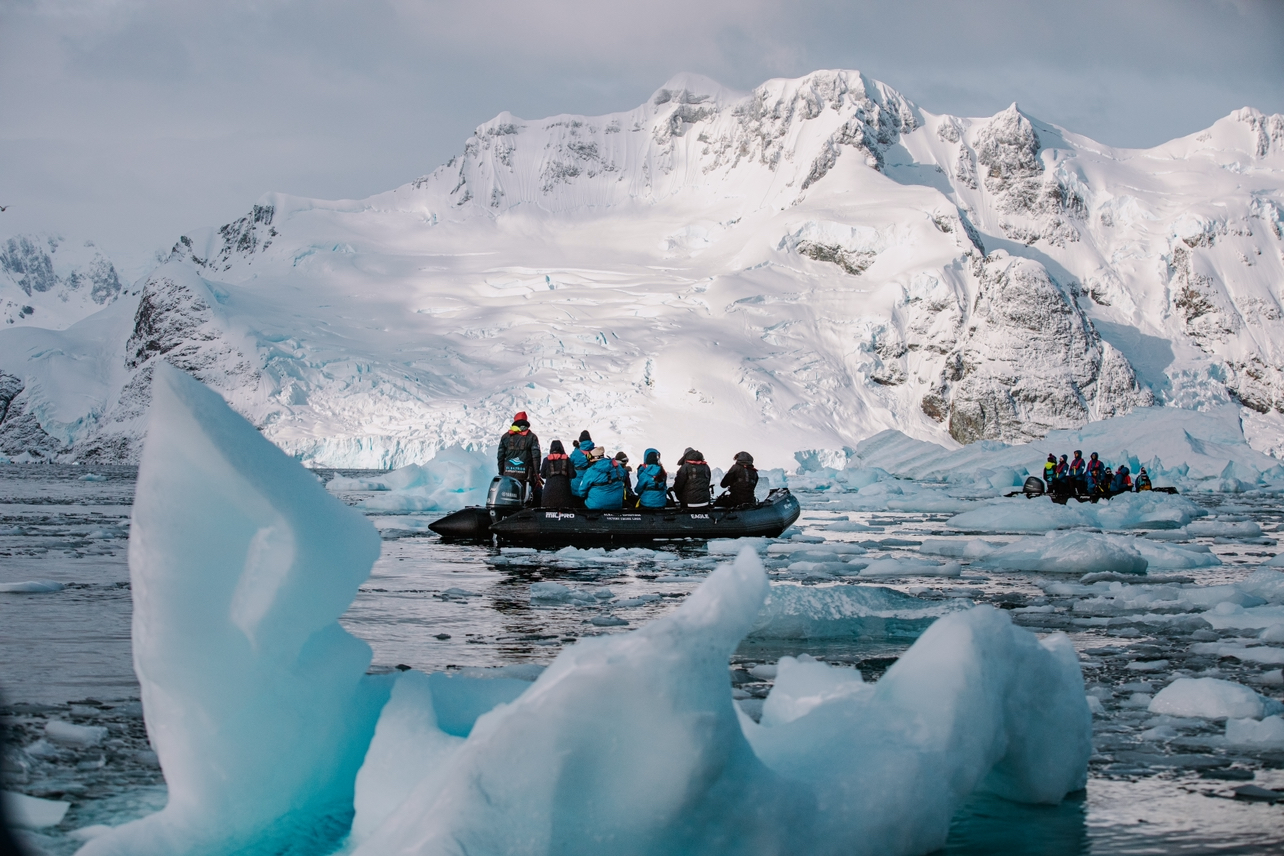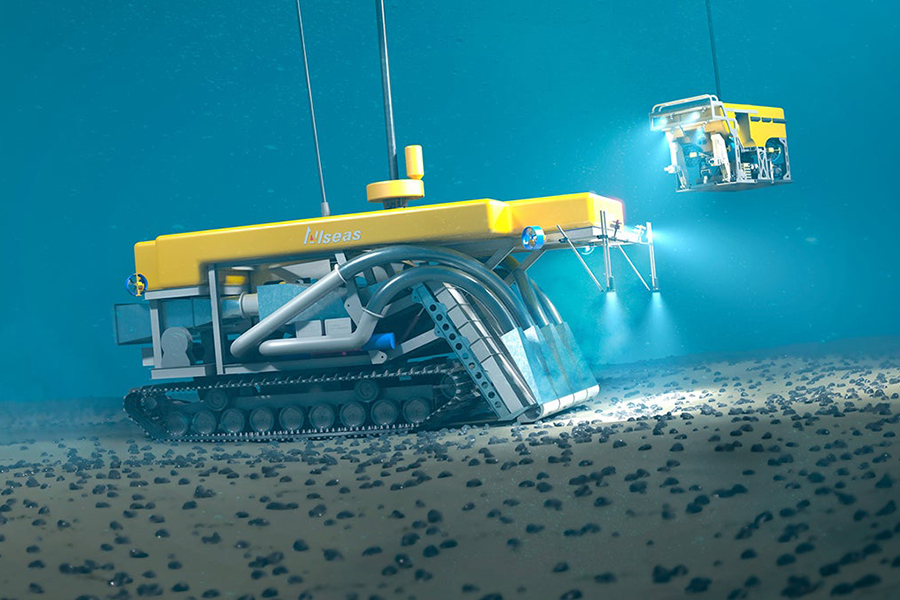Julia is an environmental researcher, studying how climate change and other humans disturbances are impacting species and ecological systems. Her current research is on how climate and land use change has impacted birds in India. She hopes to help bridge the gap between science, policy, and advocacy. For Earth Day 2022 she reflects on the concept of investing in our planet.
What do you think of when you see the word “invest”? Maybe you think of investing money in the stock market. Or your parents when you’re in high school telling you to “get good grades and invest in your future.” Some of us get really invested in a movie, a show, or a book. People exercise, meal prep, clean their homes, and do countless other things in order to “invest” in themselves. It’s a word we actually hear and use often, for anything that we give our time, money, or energy to, knowing that the short-term sacrifice will benefit us in the long-term. It’s something we do. A lot. So why do we not “invest” in what we know is best for the planet, both politically and personally, when we do so in so many other aspects of our lives? Why is there this idea that humans are too short-sighted to seriously take on an issue such as the climate crisis, when we clearly are not?
There is an aspect of human nature that can override our propensity for investment. It is a phenomenon that is often used in economics and (in my experience) with respect to the fishing industry, called “The Tragedy of the Commons.” In the Tragedy of the Commons, there is a common resource that everyone has access to, and if everyone were to take just what they need from the resource, the pool remains and is able to happily sustain all. However, if just one individual decides to take more than their fair share, there are several outcomes – everyone takes less just so the one individual can have more, everyone continues to take their fair share, and year after year the selfish individual takes more and the resource is depleted for all. Or, instead of harmony and abundance among individuals there is competition for the resource, with each individual taking as much as they possibly can. Sound familiar?
It’s both dramatically, and aptly called the “Tragedy” because it is the short sighted greed of one that can nullify the restraint, the investment, of all the others. As an Arctic Angel I advocate for the Global Commons, which are inherently the most vulnerable to this Tragedy, and also the most receptive to our investments. If all individuals were to take only their fair share, the common resource can yet flourish and continue to provide for all.
So what are the lessons here for our own investment in the planet, both politically and personally? We have just one Earth, and it is a bountiful resource capable of providing for all. We live in a geopolitical climate where each nation would take as much as they can, leaving much for some and none for others. We live in a world of individuals who see some make unsustainable choices, and therefore feel there is no point in their own sustainability. Yet, we know it is only our investments in the common good and the health of the planet that creates abundance.
